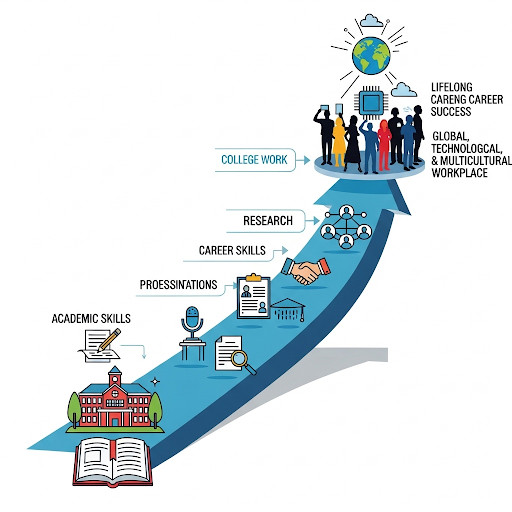Advanced/Intermediate Computer Science Classes
CS 540: Introduction to Artificial Intelligence
Principles of knowledge-based search techniques, automatic deduction, knowledge representation using predicate logic, machine learning, probabilistic reasoning. Applications in tasks such as problem solving, data mining, game playing, natural language understanding, computer vision, speech recognition, and robotics.

CS 532: Matrix Method in Machine Learning
Linear algebraic foundations of machine learning featuring real-world applications of matrix methods from classification and clustering to denoising and data analysis. Mathematical topics include: linear equations, regression, regularization, the singular value decomposition, and iterative algorithms. Machine learning topics include: the lasso, support vector machines, kernel methods, clustering, dictionary learning, neural networks, and deep learning. Previous exposure to numerical computing (e.g. Matlab, Python, Julia, R) required.

CS 320: Data Science Programming II
Intermediate approach to Data Science programming using Python. Experience with basic tabular analysis in Python is assumed. Learn to implement data structures (e.g., graphs) to efficiently represent datasets. Software-engineering tools such as version control and Python virtual environments will be introduced, with an emphasis on reproducibility of analysis. Tracing and A/B testing will be introduced as techniques for generating meaningful datasets. Introduces basic classification, clustering, optimization, and simulation techniques. Plotting and visual communication will be emphasized throughout the course.

CS 400: Programming III
The third course in our programming fundamentals sequence. It presumes that students understand and use functional and object-oriented design and abstract data types as needed. This course introduces balanced search trees, graphs, graph traversal algorithms, hash tables and sets, and complexity analysis and about classes of problems that require each data type. Students are required to design and implement using high quality professional code, a medium sized program, that demonstrates knowledge and use of latest language features, tools, and conventions. Additional topics introduced will include as needed for projects: inheritance and polymorphism; anonymous inner classes, lambda functions, performance analysis to discover and optimize critical code blocks. Students learn about industry standards for code development. Students will design and implement a medium size project with a more advanced user-interface design, such as a web or mobile application with a GUI and event- driven implementation; use of version-control software.
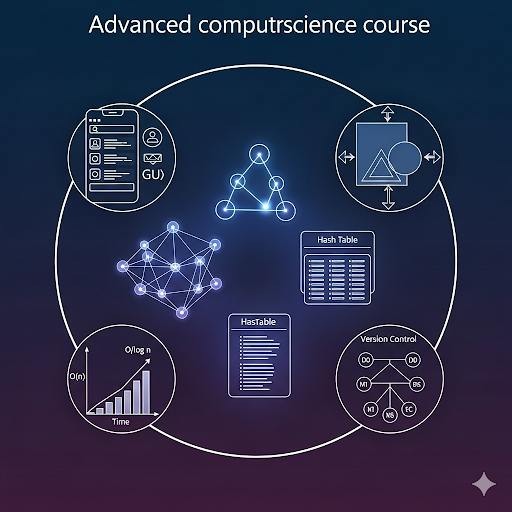
CS 300: Programming II
Introduction to Object-Oriented Programming using classes and objects to solve more complex problems. Introduces array-based and linked data structures: including lists, stacks, and queues. Programming assignments require writing and developing multi-class (file) programs using interfaces, generics, and exception handling to solve challenging real world problems. Topics reviewed include reading/writing data and objects from/to files and exception handling, and command line arguments. Topics introduced: object-oriented design; class vs. object; create and define interfaces and iterators; searching and sorting; abstract data types (List,Stack,Queue,PriorityQueue(Heap),Binary Search Tree); generic interfaces (parametric polymorphism); how to design and write test methods and classes; array based vs. linked node implementations; introduction to complexity analysis; recursion.

Advanced/Intermediate Statistic Classes
STAT 436: Statistical Data Visualization
Techniques for visualization within data science workflows. Topics include data preparation; exploratory data analysis; spatial, tabular, and graph structured data; dimensionality reduction; model visualization and interpretability; interactive queries and navigation.
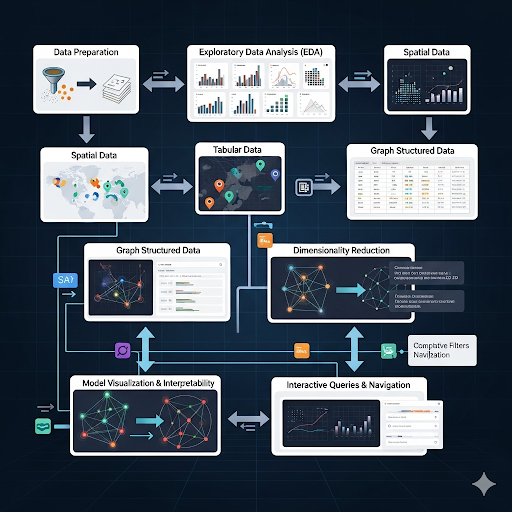
STAT 340: Data Science Modeling II
Teaches how to explore, model, and analyze data using R. Topics include basic probability models; the central limit theorem; Monte Carlo simulation; one- and two-sample hypothesis testing; Bayesian inference; linear and logistic regression; ANOVA; the bootstrap; random forests and cross-validation. Features the analysis of real-world data sets and the communication of findings in a clear and reproducible manner within a project setting.
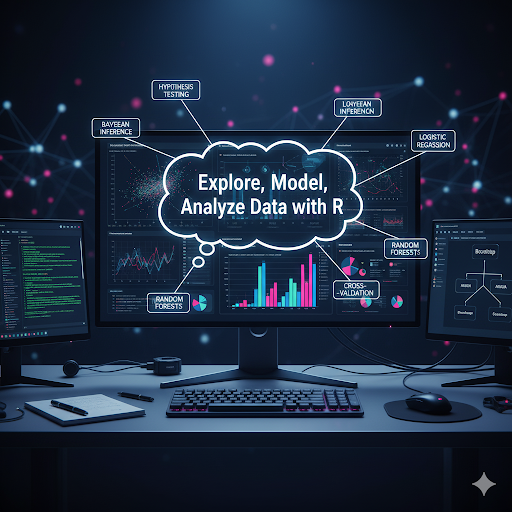
STAT 240: Data Science Modeling I
Introduces reproducible data management, modeling, analysis, and statistical inference through a practical, hands-on case studies approach. Topics include the use of an integrated statistical computing environment, data wrangling, the R programming language, data graphics and visualization, random variables and concepts of probability including the binomial and normal distributions, data modeling, statistical inference in one- and two- sample settings for proportions and means, simple linear regression, and report generation using R Markdown with applications to a wide variety of data to address open-ended questions.

Advanced/Intermediate Math Classes
MATH 475: Introduction to Combinatorics (Planned Spring 2026)
Problems of enumeration, distribution, and arrangement. Inclusion-exclusion principle. Generating functions and linear recurrence relations. Combinatorial identities. Graph coloring problems. Finite designs. Systems of distinct representatives and matching problems in graphs. Potential applications in the social, biological, and physical sciences. Puzzles. Problem solving.
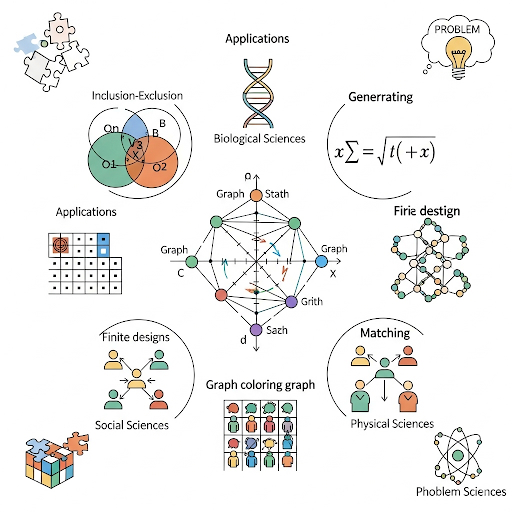
MATH 435: Introduction to Cryptography (Planned Fall 2026)
Cryptography is the art and science of transmitting digital information in a secure manner. Provides an introduction to its technical aspects.

MATH 425: Introduction to Combinatorial Optimization (Planned Fall 2026)
Focuses on optimization problems over discrete structures, such as shortest paths, spanning trees, flows, matchings, and the traveling salesman problem. We will investigate structural properties of these problems, and we will study both exact methods for their solution, and approximation algorithms.
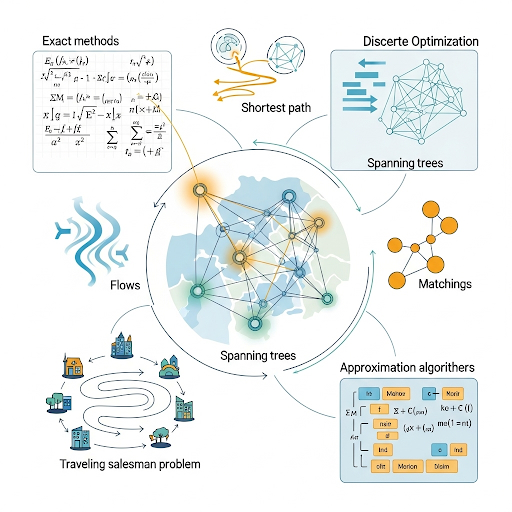
MATH 340: Elementary Matrix & Linear Algebra
An introduction to linear algebra. Topics include matrix algebra, linear systems of equations, vector spaces, sub-spaces, linear dependence, span, basis, rank of matrices, determinants, linear transformations, coordinate representations, kernel, range, eigenvalues and eigenvectors, diagonalization, inner products and orthogonal vectors, symmetric matrices. Covers linear algebra topics in greater depth and detail than MATH 320. Formal techniques in mathematical argument [MATH 341] not covered.
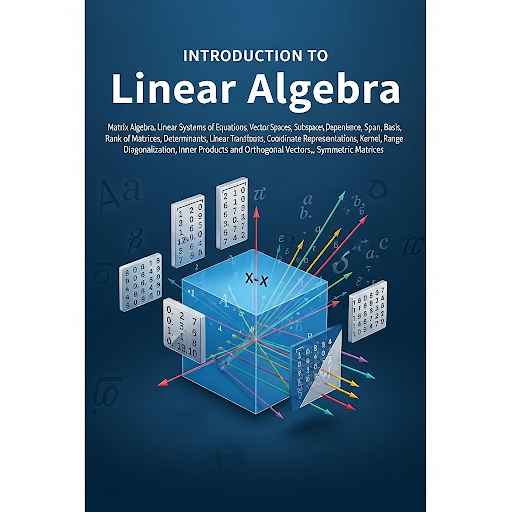
Advanced/Intermediate Library and Information Science Courses
L I S 470: Interaction Design Studio (Planned Spring 2026)
Introduces interaction design, an approach to designing digital information systems that places humans and their needs at the center of the design process. Explores how core principles of design, design processes, cognition, information science and human values inform the design of interactive information systems. Discussion and practice apply the data-driven process of human-centered interaction design to develop new digital products and services.
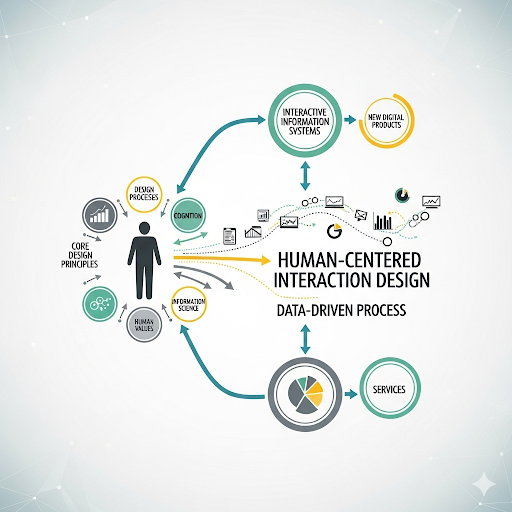
L I S 461: Data and Algorithms: Ethics & Policy (Planned Fall 2026)
An introduction to ethical, legal and policy issues related to analytics, "big data" and algorithms to support decision making. Gain familiarity with major debates and controversies in a variety of contexts. Critically analyze course materials and apply moral reasoning and legal concepts to assess case studies and critique arguments made by others.
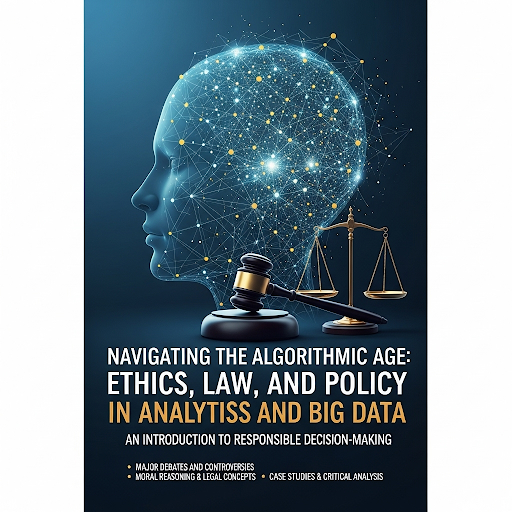
L I S 464: Applied Database Design (Planned Fall 2026)
Introduces the applications of databases to real-world data and information problems. Overview of the principles and practices of user-oriented database design, management, and application. Discussion and practice cover database application lifecycle, data modeling, relational database design, SQL queries, reports and other interfaces to database data, and database documentation.
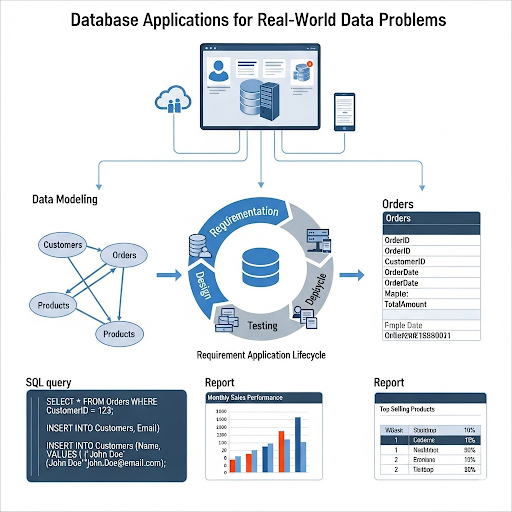
L I S 460: Surveilance, Privacy, and Police Powers (Planned Spring 2026)
Examines individual privacy and government information collection in law enforcement, security, public health, administrative law, and other contexts from a variety of disciplinary perspectives.

Other Classes
While these classes might won't have direct impact on my career, These are some interesting classes with topics we can talk about :)
ENGL 422: Outstanding Figure(s) in Literature before 1800
Study of major figure or figures in literature written before 1800.
PHILOS 101: Introduction to Philosophy
Introduction to various philosophical questions and to the strategies that philosophers use to address these.
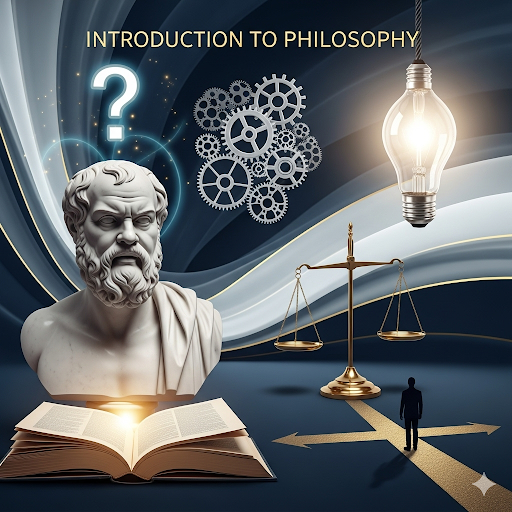
FOLKLORE 220: The Folk Tale
Types of heroes, social functions, and tellers; tales from four cultures.

BOTANY 260: Introductory Ecology
The relationships of organisms and the environment. Population dynamics and community organization, human-environment relationships, action programs.
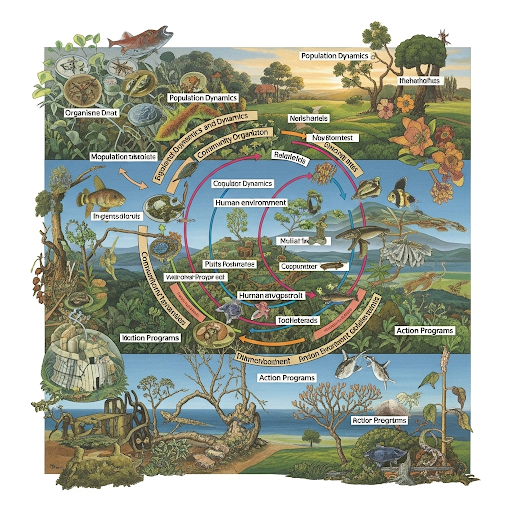
ESL 118: Academic Writing II
Academic writing, critical reading and argumentation, documentation, and style and organization of research papers; oral communication skills for effective class participation and presentations. Not open to auditors.
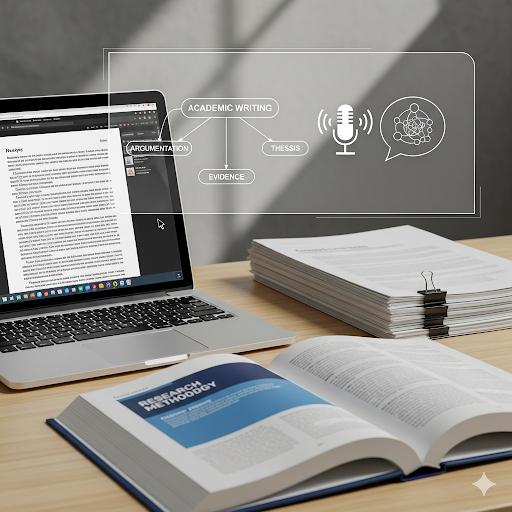
INTER-LS 215: Interdisciplinary Courses (L & S) 215
Explores the meaning and value of a liberal arts and sciences education for careers in the global, technological, and multicultural workplace of the 21st century. Through a series of individual and collaborative research and communication assignments, learn to critically analyze the career and education implications of a diverse and digital workplace, and to critically reflect on strengths and values to prepare to connect college work with lifelong career success. Practice academic skills of analyzing scholarly articles, constructing written essays, presenting formal speeches, and crafting digital presentations, as well as career skills of building resumes, writing cover letters, using social networking tools, and interviewing.
